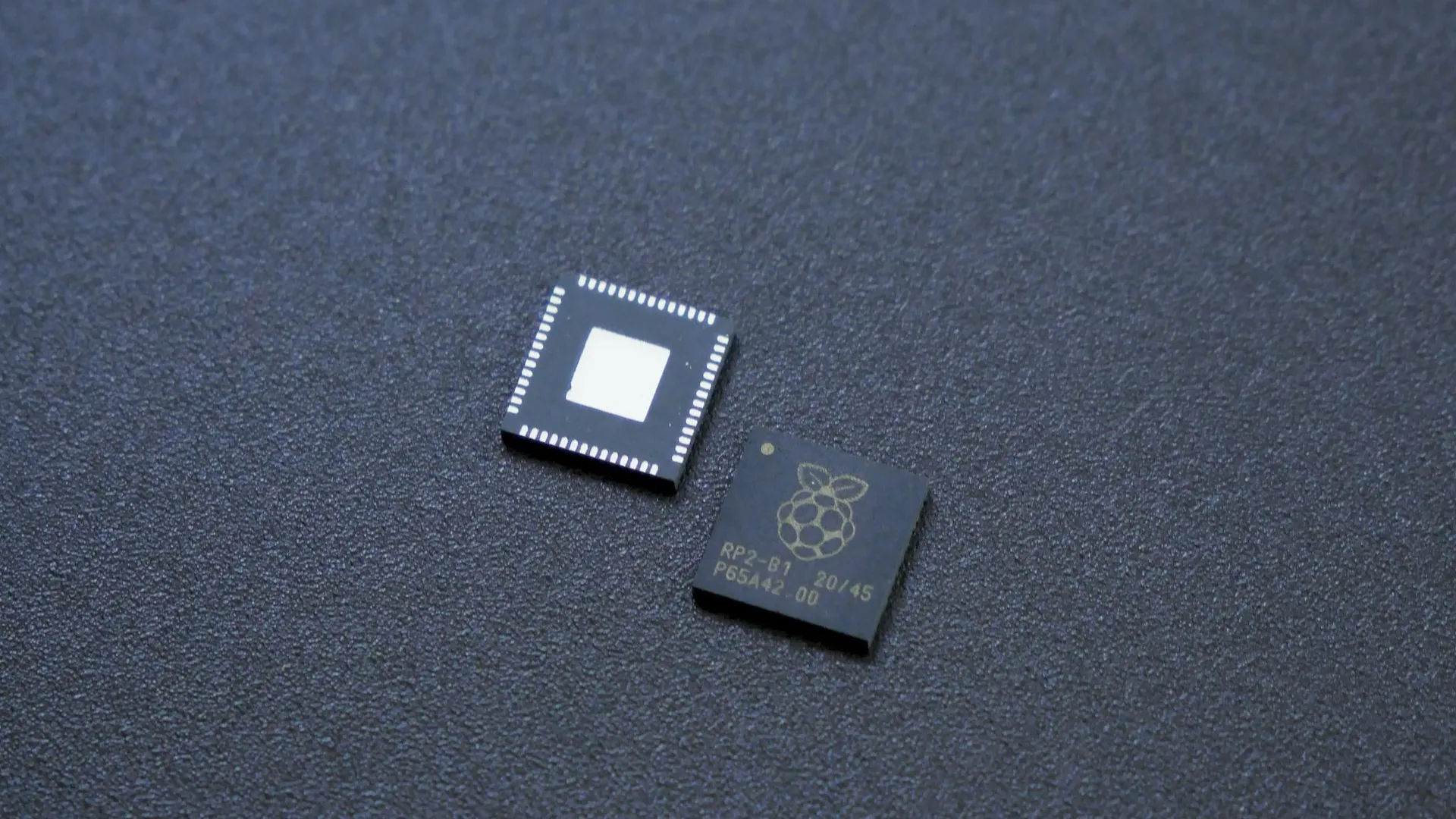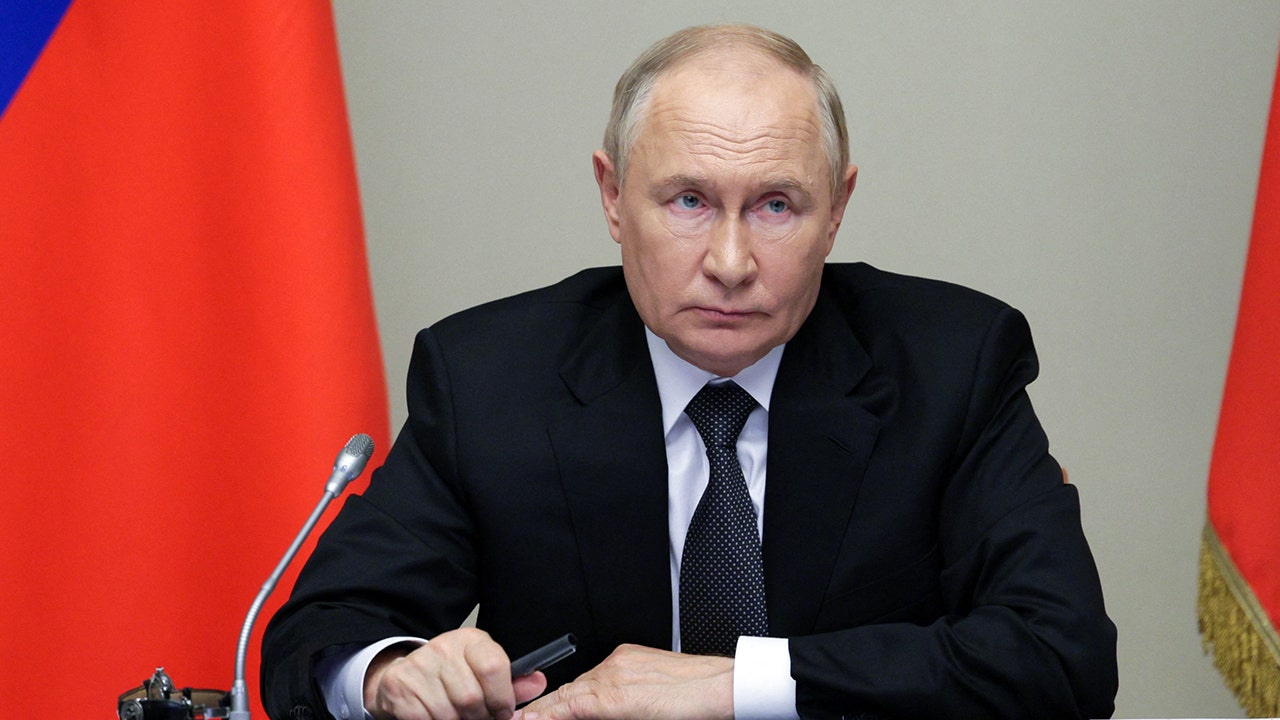Tech
US Revokes Certain Chip Export Licenses to Huawei Amid Escalating Tech Battle- Republic World

Representative image.
| Image:Unsplash
In a move aimed at tightening restrictions on China’s tech giant Huawei, the United States has revoked specific licenses for chip exports, the Commerce Department confirmed on Tuesday. This decision underscores the ongoing efforts to curb China’s technological influence on the global stage.
A spokesperson from the Commerce Department emphasized the continuous assessment of controls to safeguard national security and foreign policy interests. “We continuously assess how our controls can best protect our national security and foreign policy interests, taking into consideration a constantly changing threat environment and technological landscape,” the spokesperson stated.
It isn’t exactly clear which licences have been revoked
The spokesperson declined to comment on the particular licenses revoked but confirmed the action, stating, “But we can confirm that we have revoked certain licenses for exports to Huawei.” This move represents a continuation of the US government’s measures against Huawei, which began with its placement on a trade blacklist in 2019 over national security concerns.
Here is what you need to know
The ban prohibited US firms from supplying technology, including crucial 5G chips, to Huawei. In 2020, the US further tightened restrictions on chip sales to Huawei, mandating foreign manufacturers using American chip-making equipment to secure a license before selling semiconductors to the Chinese company.
Despite these challenges, Huawei’s consumer business, encompassing smartphones and laptops, is experiencing a resurgence. This resurgence follows the launch of the Mate 60 Pro smartphone in August last year, showcasing Huawei’s determination to navigate the complexities of the global tech landscape.
The latest move by the US underscores the intensifying tech battle between the two economic powerhouses, with ramifications for the global semiconductor industry and beyond. As tensions continue to escalate, the future of technological collaboration and competition remains uncertain.







